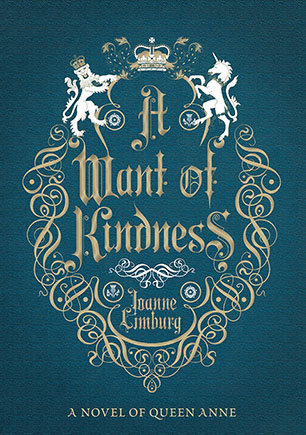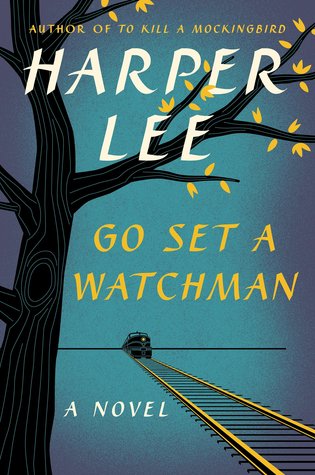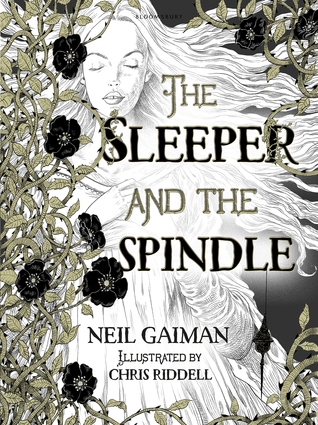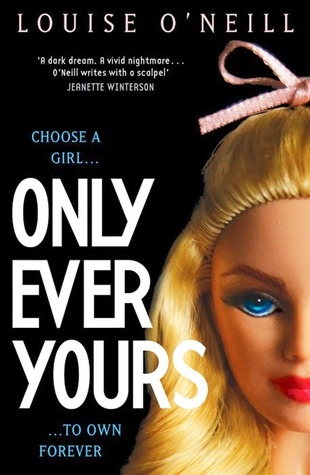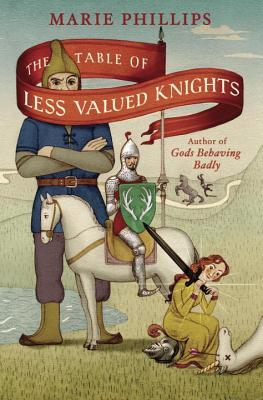 "I'm lying here in a bed, my head full of regret, with only a little bird flitting through a tree to comfort me. Friends want to visit but I refuse them. So my carer Sheila has given me a task to keep me occupied. An A - Z list. Think of a part of my body for each letter. Tell a little tale about it. When I reach H for Heart, what will I say?"
"I'm lying here in a bed, my head full of regret, with only a little bird flitting through a tree to comfort me. Friends want to visit but I refuse them. So my carer Sheila has given me a task to keep me occupied. An A - Z list. Think of a part of my body for each letter. Tell a little tale about it. When I reach H for Heart, what will I say?"
Ivo is forty and is slowly dying. As he lies in a hospice bed, his nurse Sheila suggests a game to keep his mind active. Think of a body part for each letter of the alphabet and make up a story for each one. As Ivo works his way from A to Z, he tells the story of his carefree younger life, of his family and his friends, his triumphs and failures and, most importantly, of his absent ex-girlfriend Mia. Estranged from those around him in his present life, can Ivo learn from the memories he evokes and finally come to terms with his past?
There has been quite the buzz on Twitter about this debut novel and I'd heard mention of it at the start of the year when its author, James Hannah, was featured as one of The Guardian's 'New Faces of Fiction 2015'. In the press release which came with my ARC copy, comparisons are drawn to the work of David Nicholls, Rachel Joyce and Nathan Filer, and the author himself has said that he was influenced by Samuel Beckett. I've not read Beckett or Filer and had mixed responses to Nicholls (I think I must be one of the only people who disliked 'One Day') and Joyce ('The Unlikely Pilgrimage of Harold Fry' was beautiful but so sad that I gave up reading it twice) so I wasn't sure if this one would be a winner for me but the premise sounded unique and intriguing and I was immediately hooked by the sparse, directness of Ivo's narrative voice and his deadpan sense of humor, which really comes alive on the page.
From the outset, it's clear that this is going to be a book that leaves you with tears before bedtime. The comparison with Rachel Joyce is certainly deserved because 'The A to Z of You and Me' certainly has a similar sense of wistfulness and regret cutting through the narrative. And, as with Joyce's 'Harold Fry', Hannah's protagonist Ivo must learn to come to terms with his past in order to find peace in the present. Where Hannah differs from the gentle whimsy of 'Harold Fry' however is in subject matter. It becomes clear as the novel progresses that the deterioration of Ivo's health, as well as his estrangement from his family and friends and the absence of his ex-girlfriend Mia, may well be due to choices he made as a young man. I don't want to spoil the novel by giving away too much of the plot because the slow unraveling of Ivo's past is a real driving force in the plot, however I was reminded of Jon McGregor's 'Even the Dogs' when reading this as there is the same sense of grim fate following Ivo. It's heart-wrenching to read at times because as a reader you can see the self-destructive patterns in Ivo's life before he himself has realised them and the dual narrative does an excellent job at hinting (without ever fully divulging) towards the tragedies to come.
All of which sounds very depressing doesn't it? And, in some parts, the novel is indeed very sad. What saves it from being a gloom-fest of Eeyore-like proportions however is the eccentric style and the quirky observations. Ivo's sarcastic, self-deprecating tone stops the narrative from becoming mawkish or sentimental, and he tells his story with great warmth. The passages about his early relationship with Mia are full of light, colour and sound and you get a real sense for the fun and friendship of his life - both past and present - which balances the darker elements in the novel very well. There is also a real sense of coming to terms about the book, with Ivo gradually making sense of his past experiences and re-evaluating the decisions that he and his friends took in light of what his adult self now knows. So yes, there is a great deal of sadness in this book but it's not a bleak novel because there is a great deal of compassion and dark humour in it too.
I did have a few issues with the ending which I had to read a few times before I truly understood it. After the emotional upheaval of the novel, I'd expected the ending to be a punch to the gut but instead there is a quiet gentleness about it which was, for me, completely unexpected and a little...odd. Even now, some days after finishing the book, I'm not entirely sure what I feel about it and this has made me question some of my other responses to the book and its themes. I also have an issue with the title only in so much as you have to say 'Zee' like the Americans do in order to get it to rhyme nicely - 'The A to Zed of You and Me' just doesn't have same ring to it. Pedantic yes but, as a Brit, this bothers me!
Overall however I found this to be a compelling debut novel with a lot to recommend it. Due to the subject matter, it's not exactly a book I'd say I 'enjoyed' reading - the subject matter is just a little too grim for that despite the dark humour - however it is certainly one that gave me pause for thought. The narrative is taut and well-paced and the dual time-frame structure is very well handled. And I found the characters very human, complete with flaws and insecurities that made them very easy to relate to. Maybe not one to read if you're feeling a bit blue but, as autumn arrives and the nights draw in, you could do a lot worse than snuggle up with this quirky, poignant and thought provoking debut.
The paperback edition of 'The A to Z of You and Me' is published by Black Swan and is available now from all good bookshops and libraries. An audiobook version is also available.
My thanks go to Alison Barrow from Transworld for providing me with a proof copy in return for an honest and unbiased review.
